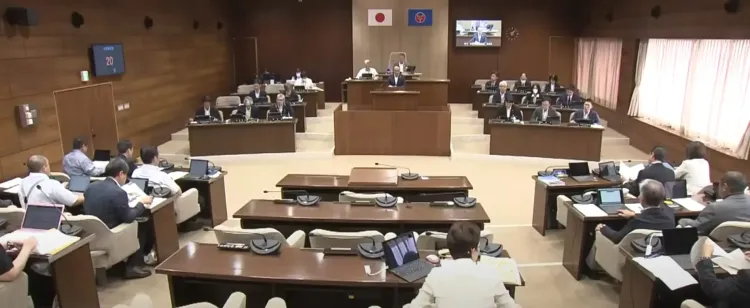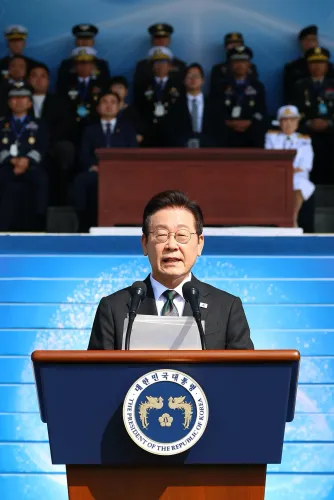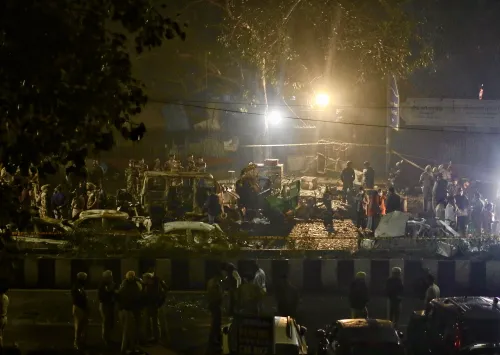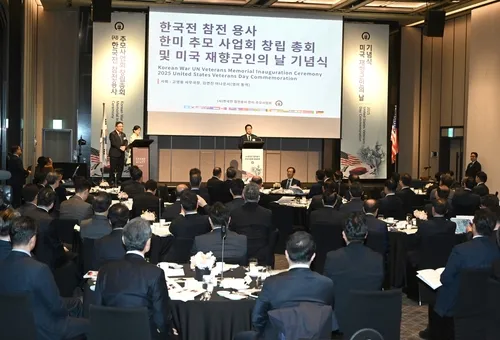Has a Japanese city set limits on daily screen time?

Synopsis
Key Takeaways
- Toyoake is the first municipality in Japan to cap daily screen time for residents.
- The ordinance limits leisure screen time to two hours per day.
- Effective from October 1, it does not apply to work or study.
- There are no penalties for violating the ordinance.
- The initiative aims to improve family interactions and health.
Tokyo, September 23 (NationPress) Toyoake, located in Aichi Prefecture, has made history as the first municipality in Japan to pass an ordinance urging residents to restrict their smartphone usage.
The municipal assembly of Toyoake has enacted a law that limits daily leisure screen time for all residents to just two hours, according to local media reports from Tuesday.
This ordinance aims to curb the excessive use of smartphones, personal computers, and tablet devices. It received majority support during a plenary assembly session.
Effective from October 1, the law serves as a guideline and does not apply to the use of devices for educational, professional, or household tasks, and there are no penalties for those who do not comply.
Toyoake's Mayor, Masafumi Kouki, stated to the Japan Times that this ordinance is merely one aspect of the city's health initiatives, encouraging residents to reflect on their smartphone usage and its impact on their sleep patterns.
"We are not against smartphones," he emphasized, noting that the ordinance is intended to foster family conversations and discourages device use after 9 PM for elementary school students and 10 PM for junior high students and individuals under 18.
Some residents have expressed concerns about government interference in family life, while others view the ordinance as a chance to engage in family discussions. The municipal assembly has also passed a supplementary resolution to review the ordinance's effects and gather feedback from residents periodically.
During prior discussions, even assembly members who supported the legislation pointed out that communication with residents was inadequate.
The city council also adopted a supplementary resolution that emphasizes respecting the diverse lifestyles of residents and ensuring clear communication to prevent any misunderstandings.









